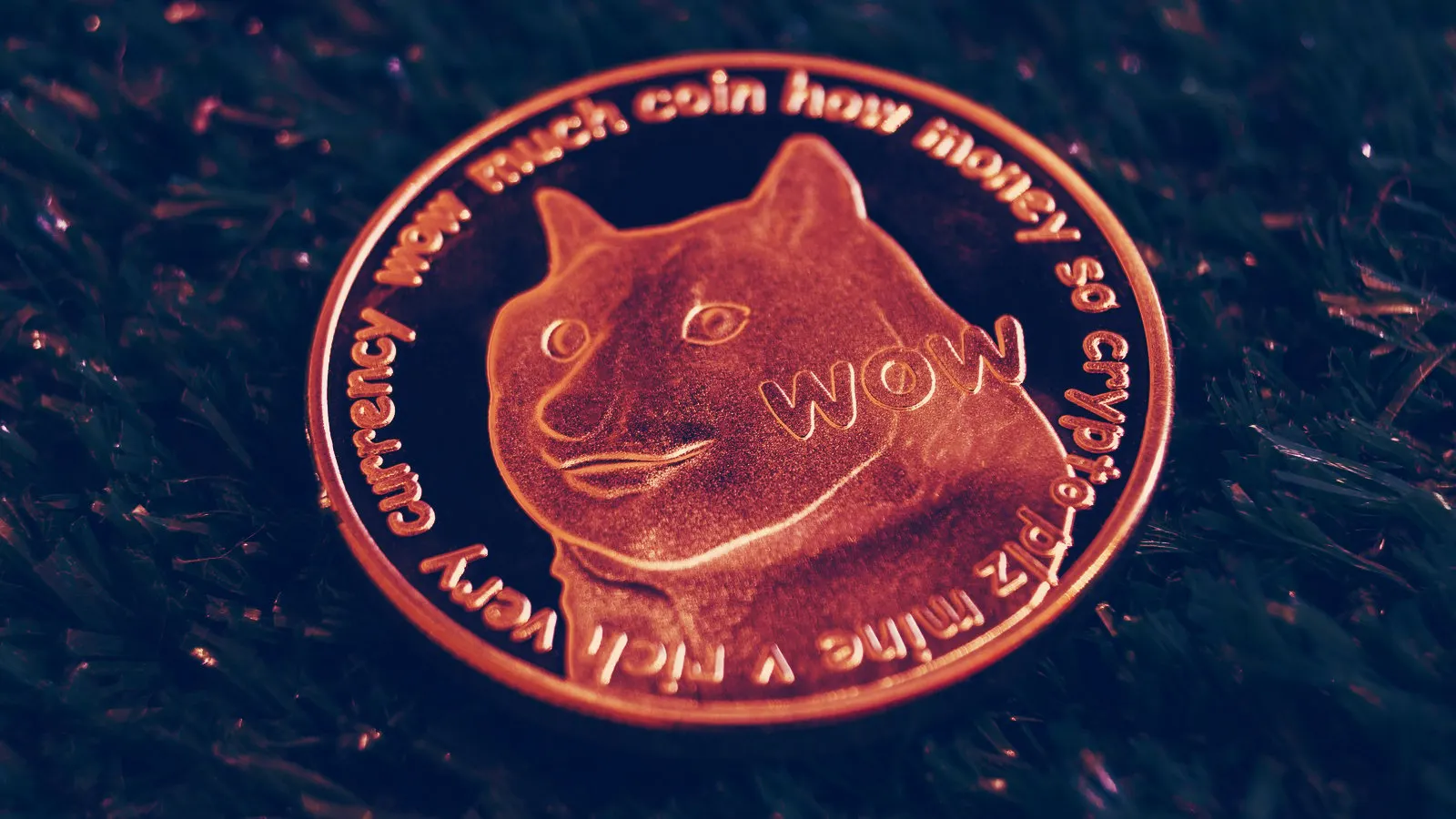In brief
- This week’s Dogecoin frenzy has taken a toll on its co-founder Billy Markus, who has been the target of harassment.
- Markus did not comment on the nature of the harassment or who was involved.
- Markus goes by the alias ‘Shibetoshi Nakamoto’. It’s a wordplay on the dog meme (Shiba Inu) along with Bitcoin’s mysterious founder Satoshi Nakamoto.
This week’s Dogecoin frenzy has had a toll on one unlikely person: its co-founder, Billy Markus, aka Shibetoshi Nakamoto.
Although Dogecoin began as a joke—a so-called “meme coin” that takes the form of a cute Shiba Inu, designed to mock Bitcoin knockoffs—this week’s price increase was anything but: Dogecoin’s price shot from around $0.01 to over $0.04 overnight on January 28. But it later fell back on itself; Dogecoin's current price is $0.027.
Markus tweeted earlier today that he terminated his affiliation with the project seven years ago due to harassment from Dogecoin investors; he has no current involvement in the project. But he took to Twitter today to say that he was once again the target of abuse this week.
Markus did not comment on the nature of the harassment or who was involved. He only wants people to know “what it feels like to have a mob demand you to do something for them on a project that you have no current involvement in, that you've seen others make many millions off of.”
Dogecoin’s success this week came after concentrated efforts on the r/SatoshiStreetBets subreddit to push up the price. Crypto traders on the subreddit emulated a GameStop-style meme success from another subreddit earlier this week: the r/Wallstreetbets subreddit. The latter, which describes itself as “like 4chan found a Bloomberg terminal,” was the center of action for grassroots efforts to push up the video game company GameStop’s stock prices. It did so by frantically buying its shares, forcing hedge funds to buy up even more.
The Dogecoin frenzy is the second this month; the price rose on January 3. This follows an earlier boost before Christmas when Elon Musk tweeted ‘one word: DOGE’. During this week’s price boom, Musk also tweeted a mock Vogue magazine cover titled ‘Dogue’.
But Markus is not one of the people who profited from this week’s Dogecoin surge. He said he sold all his doge in 2015 “made about enough to buy a used honda civic.” His net worth is unknown.
Many have joined in on the Dogecoin frenzy, including the one-time pornstar and current OnlyFans star Mia Khalifa. But the Reddit and Elon Musk effect did not last long: Dogecoin crashed by the end of the week. Its current price is $0.027.
Disclaimer
The views and opinions expressed by the author are for informational purposes only and do not constitute financial, investment, or other advice.
Daily Debrief Newsletter
Start every day with the top news stories right now, plus original features, a podcast, videos and more.

